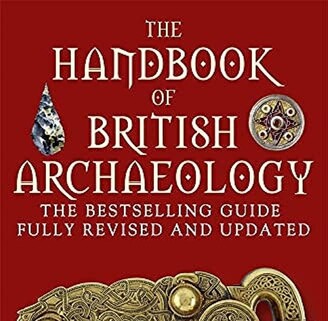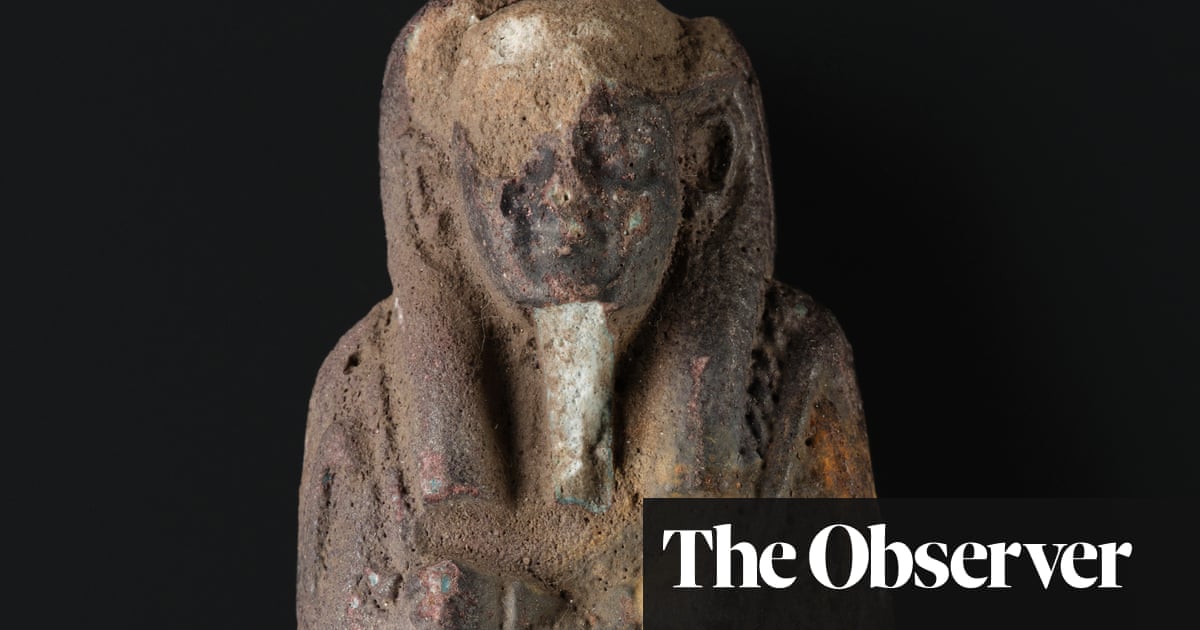In 1952, a schoolboy was digging up potatoes, assisting a gardener in the grounds of his school in Fife as part of a punishment. He stumbled across a bulbous shape that he initially mistook for a potato, only to discover later that he had found an Egyptian masterpiece made some 4,000 years ago.
The idea of finding ancient treasures buried in the Scottish countryside, rather than beneath the sands of Cairo, is somewhat unlikely. Yet this was to be the first of 18 Egyptian antiquities unearthed on three separate occasions by schoolboys over some 30 years in the most unexpected of places – Melville House, a historic building near the small parish of Monimail in Fife.
…
The story of the discoveries is being told for the first time by Goring and her successor, Dr Margaret Maitland, in the forthcoming Proceedings of the Society of Antiquaries of Scotland, to be published on 30 November.
One possible explanation is that they were acquired by Alexander, Lord Balgonie, heir to the property, who visited Egypt in 1856 with his two sisters to improve his poor health after falling ill during service in the Crimean war. But he returned to Britain weaker, and died in 1857, aged only 24, from TB.
It is possible that grief and the sad association of the antiquities with his early death prompted someone to dispose of them. It also could be that stories of “the mummy’s curse”, dating to the 1860s, linked such antiquities with ill fortune, prompting someone to bury them.


